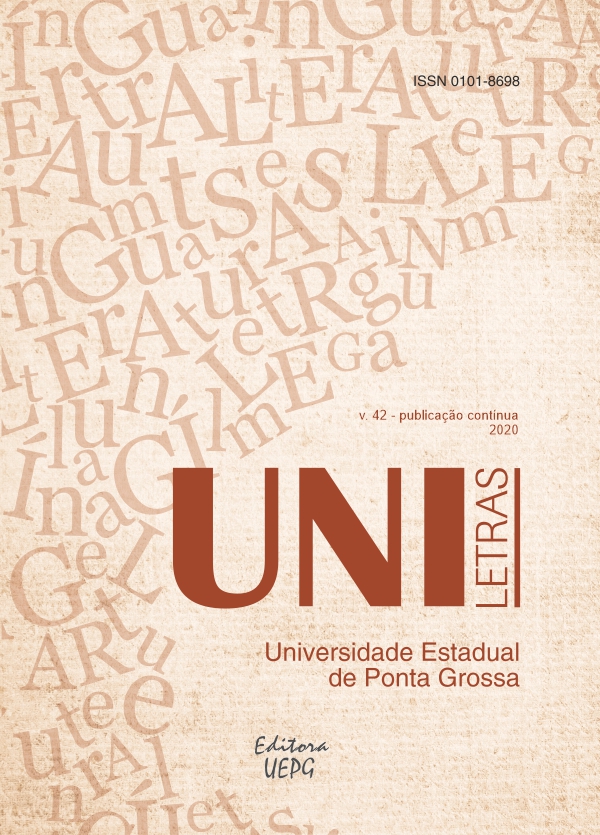LEITURA DE TIRAS NAS AULAS DE LÍNGUA PORTUGUESA
Resumo
Neste estudo, explicitam-se as estratégias adotadas nas aulas de Língua Portuguesa para o desenvolvimento da competência leitora. O planejamento das atividades pautou-se na leitura do gênero tira, com alunos do nono ano do Ensino Fundamental. Entende-se que o estudante é um sujeito que constrói conhecimento, de forma gradual, na interação com o professor e com os colegas da turma. Para tanto, adotaram-se dois procedimentos: a participação guiada, explicitada por Solé (1998), e as autoexplicações, expostas por Abarca e Rico (2003). A pesquisa-ação (TRIPP, 2005) foi o método norteador da pesquisa em questão, visto, dentre outros aspectos, o planejamento da ação, com o objetivo de melhorar a prática de sala de aula. A percepção de que os estudantes traziam dificuldades na leitura de textos multimodais, de forma mais específica, das tiras, que, constantemente, apareciam nos materiais didáticos e nas avaliações, motivou a realização de atividades que os auxiliassem nesse sentido. Constatou-se, ao final, que os discentes conseguiram ler com maior desenvoltura e autonomia.
Downloads
Downloads
Publicado
Edição
Seção
Licença
Autores que publicam nesta revista concordam com os seguintes termos:
a) Os autores mantém os direitos autorais e concedem à revista o direito de primeira publicação, com o trabalho simultaneamente licenciado sob a Creative Commons Attribution License que permite o compartilhamento do trabalho com reconhecimento da sua autoria e publicação inicial nesta revista.
b) Esta revista oferece acesso livre imediato ao seu conteúdo, seguindo o princípio de que disponibilizar gratuitamente o conhecimento científico ao público proporciona maior democratização mundial do conhecimento. Para maiores informações sobre esta abordagem, visite Public Knowledge Project, projeto que desenvolveu este sistema para melhorar a qualidade acadêmica e pública da pesquisa, distribuindo o OJS assim como outros softwares de apoio ao sistema de publicação de acesso público a fontes acadêmicas. Os nomes e endereços de e-mail neste site serão usados exclusivamente para os propósitos da revista, não estando disponíveis para outros fins.

This work is licensed under a Creative Commons Attribution 4.0 International License.





